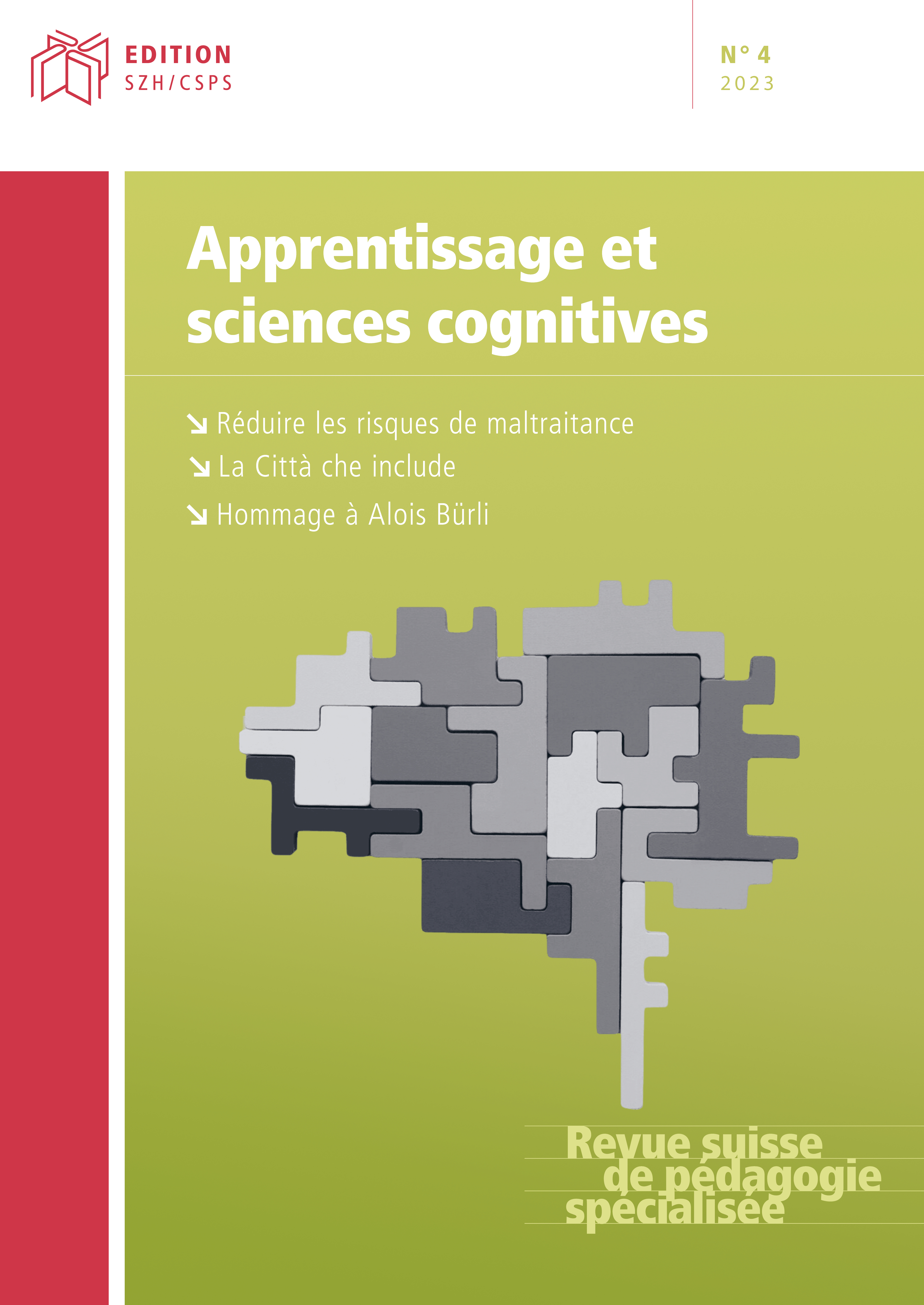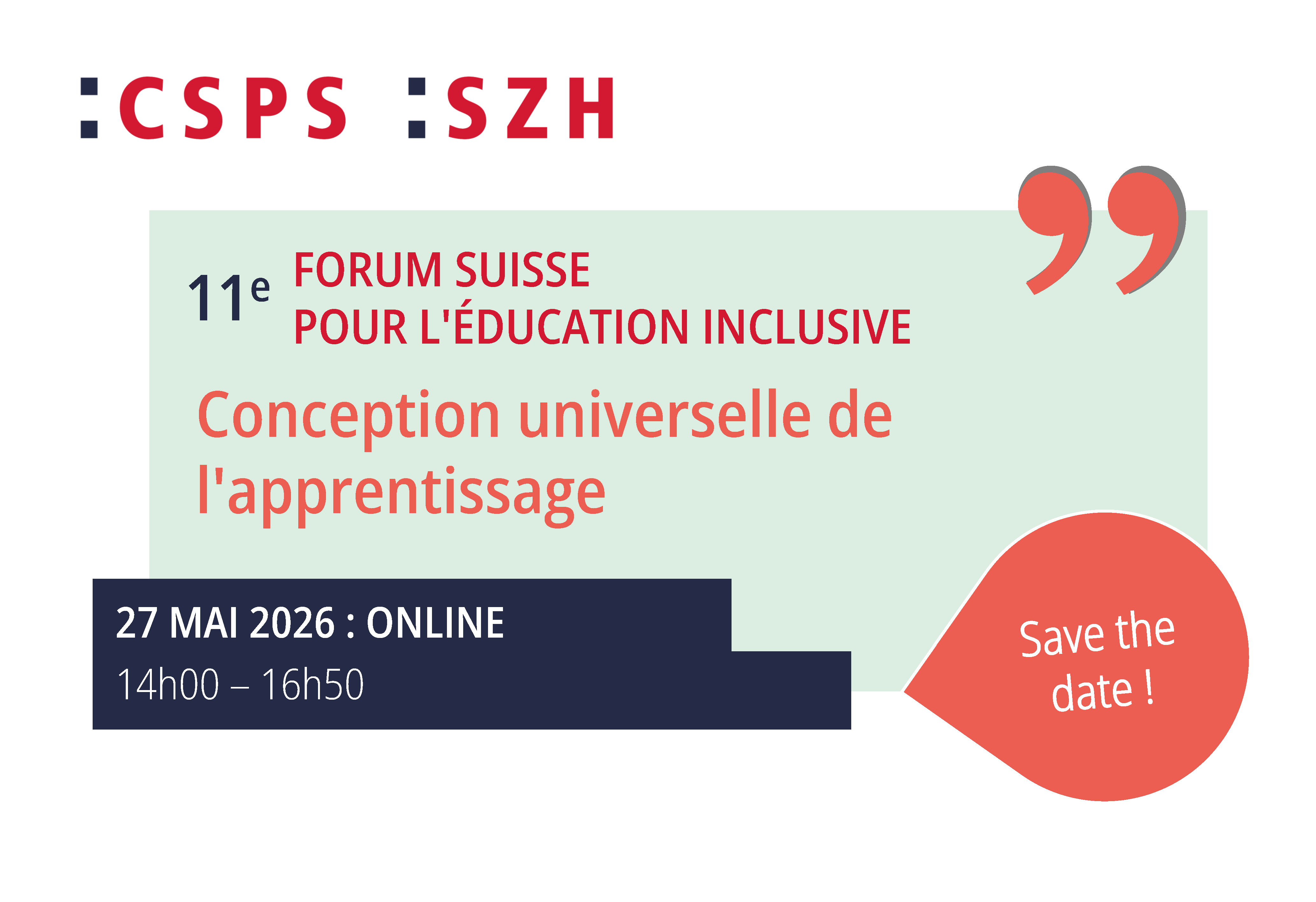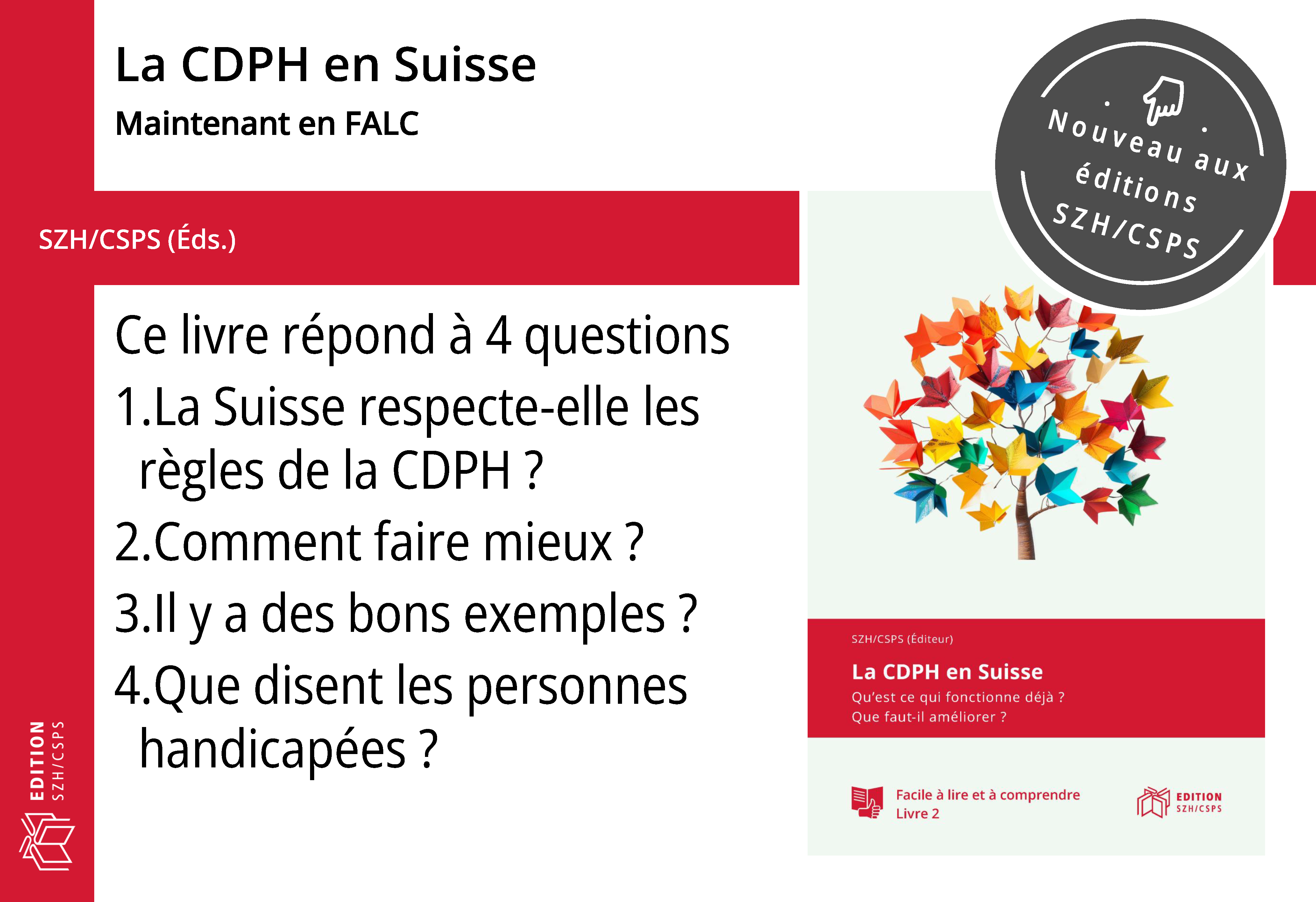La Città che include
Des services respectueux d'un fonctionnement différent au profit de l'ensemble de la communauté
DOI:
https://doi.org/10.57161/r2023-04-08Schlagworte:
Autismus-Spektrum-Störung (ASS), Gesellschaft, Inklusion, StadtAbstract
Das Projekt «La città che include» (Die Stadt, die inkludiert) beruht auf der Überzeugung, dass die Inklusion von Menschen mit einer Autismus-Spektrum-Störung (ASS) das Ergebnis eines gesellschaftsweiten Wissens- und Anerkennungsprozesses ist. Ziel des Projekts ist es, öffentliche Dienste und private Unternehmen aktiv in die Schaffung eines physischen und sozialen Umfelds einzubeziehen, das den Bedürfnissen von Menschen mit ASS gerecht wird. Ausgehend von einer Analyse der aktuellen Situation werden in diesem Artikel die Überlegungen und Massnahmen vorgestellt, die zur Schaffung einladender Umgebungen umgesetzt wurden. Geleitet werden diese von Fachleuten, die für die grundlegenden Merkmale von ASS sensibilisiert und geschult sind.
Literaturhinweise
Askari, S., Anaby, D., Bergthorson, M., Majnemer, A., Elsabbagh, M., & Zwaigenbaum, L. (2015). Participation of children and youth with autism spectrum disorder: A scoping review. Review Journal of Autism and Develop-mental Disorders, 2(1), 103–114. https:// doi.org/10.1007/s40489-014-0040-7
Ben-Sasson, A., Hen, L., Fluss, R., Cermak, S. A., Engel-Yeger, B., & Gal, E. (2009). A meta-analysis of sensory modula-tion symptoms in individuals with autism spectrum disorders. Journal of autism and developmental disorders, 39, 1-11. https://doi.org/10.1007/s10803-008-0593-3
Booth, T., & Ainscow, M. (2008). L’Index per l’inclusione. Promuovere l'apprendimento e la partecipazione nella scuola. Edizioni Erickson.
Egilson, S. T., Jakobsdóttir, G., Ólafsson, K., & Leósdóttir, T. (2017). Community participation and environment of children with and without autism spectrum disorder: parent perspectives. Scandinavian Journal of Occupatio-nal Therapy, 24(3), 187-196. https://doi.org/10.1080/11038128.2016.1198419
Gray, K. M., Keating, C. M., Taffe, J. R., Brereton, A. V., Einfeld, S. L., Reardon, T. C., & Tonge, B. J. (2014). Adult out-comes in autism: Community inclusion and living skills. Journal of autism and developmental disorders, 44, 3006-3015. https://doi.org/10.1007/s10803-014-2159-x
Mainardi, M. (2019). Bisogni educativi speciali a scuola fra storia e (pre)concezioni. Scuola ticinese, 335, 25-30. https://www4.ti.ch/fileadmin/DECS/DS/Rivista_scuola_ticinese/ST_n.335/ST_335_Mainardi_bisogni_educativi_speciali_a_scuola.pdf
ONU (2015). Trasformare il nostro mondo: l’Agenda 2030 per lo Sviluppo Sostenibile. https://unric.org/it/wp-content/uploads/sites/3/2019/11/Agenda-2030-Onu-italia.pdf
Song, W., Shea, L., Nonnemacher, S. L., Brusilovskiy, E., Townley, G., & Salzer, M. S. (2021). Community participa-tion comparison between adults on the autism spectrum and adults in the general population. Journal of Au-tism and Developmental Disorders, 52(4), 1610-1621. https://doi.org/10.1007/s10803-021-05059-9
Volkmar, F. R. (2014). The importance of early intervention. Journal of autism and developmental disorders, 44, 2979-2980. https://doi.org/10.1007/s10803-014-2265-9
Zeidan, J., Fombonne, E., Scorah, J., Ibrahim, A., Durkin, M. S., Saxena, S., Yusuf, A., Shih, A., & Elsabbagh, M. (2022). Global prevalence of autism: A systematic review update. Autism Research, 15(5), 778-790. https://onlinelibrary.wiley.com/doi/10.1002/aur.2696
Veröffentlicht
Zitationsvorschlag
Ausgabe
Rubrik
Lizenz
Copyright (c) 2023 Rosy Pozzi

Dieses Werk steht unter der Lizenz Creative Commons Namensnennung 4.0 International.




